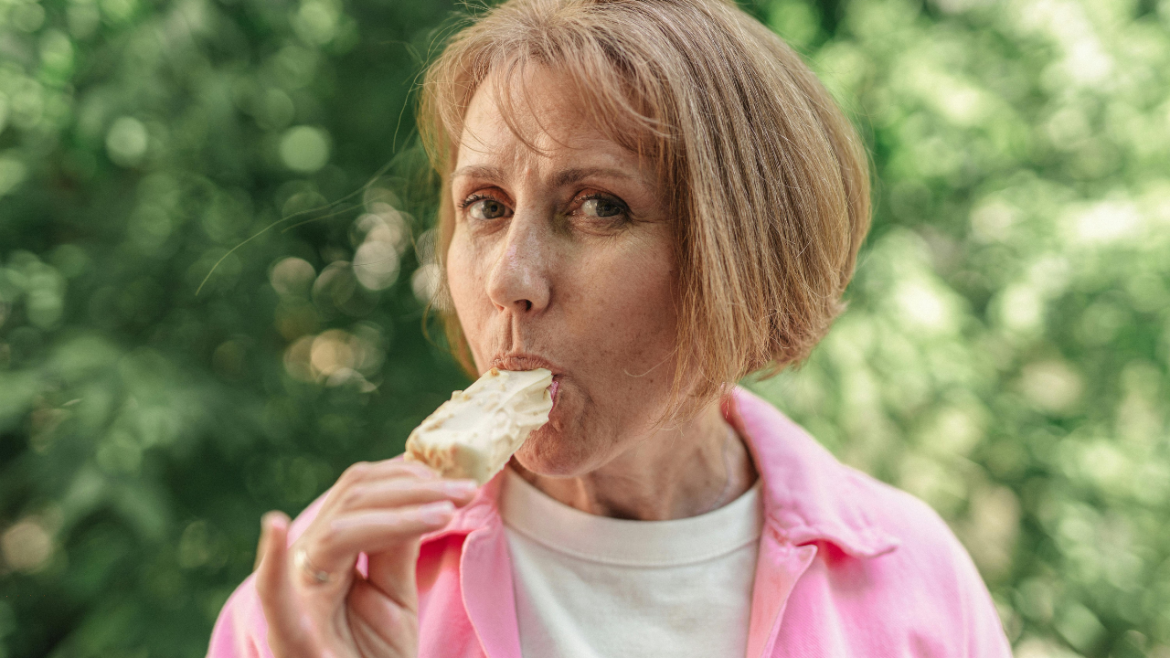Foods High In Vitamin B12 For Seniors
One nutrient that becomes increasingly vital for seniors is Vitamin B12. This essential vitamin plays a crucial role in maintaining energy levels, supporting brain health, and keeping the nervous system functioning optimally.
Unfortunately, many seniors experience a natural decline in their ability to absorb Vitamin B12 from food, making it critical to focus on dietary sources rich in this nutrient. Understanding which foods are high in Vitamin B12 can make a significant difference in maintaining overall health and well-being as we grow older.
The Role of Vitamin B12 in Senior Health
Vitamin B12 is more than just a vitamin; it is a key player in supporting cognitive function, reducing fatigue, and promoting healthy red blood cells. Seniors who are deficient in this vitamin may experience memory problems, tingling sensations in the hands and feet, and even mood changes.
For older adults, ensuring adequate intake of Vitamin B12 is essential, not only to prevent deficiency but also to enhance quality of life. By incorporating B12-rich foods into daily meals, seniors can protect their brains, support heart health, and maintain energy levels that are vital for daily activities and social engagement.
Animal-Based Foods Rich in Vitamin B12
Lean meats such as chicken, turkey, and beef are excellent choices, providing not only B12 but also high-quality protein that supports muscle mass and overall vitality. Fish, including salmon, tuna, and sardines, is another outstanding option, offering a double benefit of B12 and heart-healthy omega-3 fatty acids.
Eggs are a versatile and accessible source of Vitamin B12.Dairy products like milk, cheese, and yogurt also contain B12 and contribute calcium, which is vital for maintaining strong bones in older adults. By consciously including these foods in their diet, seniors can reduce the risk of deficiency and enjoy more sustained energy throughout the day.
Plant-Based Options and Fortified Foods
While Vitamin B12 is naturally found in animal products, there are plant-based options that are fortified to meet the nutritional needs of seniors who follow vegetarian or vegan diets. Fortified cereals, plant-based milks, and nutritional yeast can provide a reliable source of B12 when consumed regularly.
These options are especially important because B12 deficiency can occur more rapidly in older adults who avoid animal products. Pairing fortified foods with a balanced diet that includes fruits, vegetables, and whole grains ensures that seniors receive comprehensive nutrition while meeting their Vitamin B12 requirements.
Tips for Maximizing Vitamin B12 Absorption
Seniors should also consider how foods are prepared and consumed to maximize B12 absorption. Cooking methods such as steaming, baking, or poaching are preferred over high-heat frying, which may degrade some nutrients. Additionally, certain medications or medical conditions can affect B12 absorption, so consulting with a healthcare provider is crucial to ensure adequate intake.
In some cases, supplementation may be necessary to meet daily requirements, particularly for those with limited dietary options or absorption difficulties. Recognizing the signs of deficiency early and making dietary adjustments can prevent long-term complications and improve overall vitality.
The Emotional and Practical Benefits of B12-Rich Foods
Incorporating foods high in Vitamin B12 into daily routines is not only beneficial for physical health but also emotionally empowering for seniors. Feeling energetic, alert, and capable can have profound effects on mood, confidence, and social engagement.
Sharing meals with family or friends that include B12-rich foods can enhance both nutrition and quality of life, reinforcing the connection between proper dietary choices and emotional well-being. Seniors who prioritize Vitamin B12 intake often report feeling more motivated, less fatigued, and better able to participate in activities they enjoy.
Conclusion
Vitamin B12 is a cornerstone of senior health, influencing energy, cognition, and overall well-being. By focusing on foods high in B12, seniors can prevent deficiencies, support heart and brain health, and maintain independence in daily life. Animal-based foods like fish, lean meats, eggs, and dairy remain the most potent sources, while fortified plant-based options provide valuable alternatives for vegetarians and vegans.
Combined with mindful preparation and awareness of absorption factors, these dietary choices can make a meaningful difference. For seniors, nourishing the body with Vitamin B12-rich foods is an investment in both health and happiness, ensuring a vibrant and fulfilling life as the years progress.

